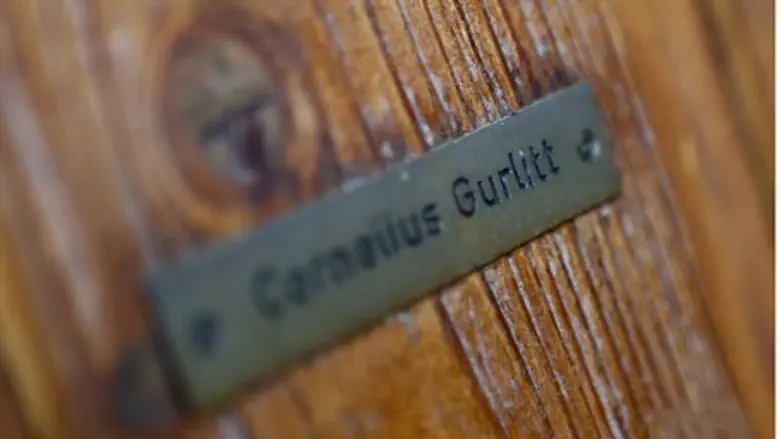
A top Jewish leader Saturday warned a Swiss museum against accepting a priceless set of art works including Nazi-looted paintings from the estate of reclusive German collector Cornelius Gurlitt.
Such a move "would open a Pandora's Box and cause an avalanche of lawsuits" by rival presumed heirs of the stolen art, Ronald Lauder, the head of the World Jewish Congress, told the German weekly Der Spiegel.
In the same interview, German Culture Minister Monika Gruetters said the government was in talks with Bern's Museum of Fine Arts over the 1,280 paintings, drawings and sketches by Picasso, Monet, Chagall and other grand masters.
Gurlitt, who died earlier this year at 81, was the son of a Nazi-era art dealer who hoarded hundreds of paintings valued at hundreds of millions of dollars.
During the Nazi era, Gurlitt's father Hildebrand was tasked with selling works taken or bought under duress from Jewish families, and avant-garde art seized from German museums that the Hitler regime deemed "degenerate."
Prior to his death he had struck a deal with German and Israeli authorities to help track down the rightful owners of the 1,280 artworks, including Jews whose property was stolen or extorted under the Third Reich.
At least one work, Matisse's "Seated Woman," was announced in June as having been stolen by the Nazi regime from Jewish Paris-based art dealer Paul Rosenberg.
In the course of its investigations, the task force has announced spectacular new finds, including sculptures thought to be by Degas and Rodin, uncovered in Gurlitt's cluttered flat in July.
A day after Gurlitt's May 6 death, Switzerland's Museum of Fine Arts in Bern said it had been astonished to learn it was named as the recipient of Gurlitt's collection in his will, an offer it said it was assessing.
The works were seized in early 2012 when they were discovered by chance during a tax evasion probe, and Gurlitt willed them to the museum.
Germany has been sharply criticized for its "scandalous" handling of the art finds, as news of the discovery was only made public last November through a news report. Following the criticism, Germany created a site to facilitate the return of the art by increasing access to images of the pieces.
In late January, World Jewish Congress (WJC) President Ronald S. Lauder called on the German government to draft a new law to ease the process of returning the art.
"I am sure we will reach a good and reasonable solution," Gruetters said in the interview to be published on Monday.